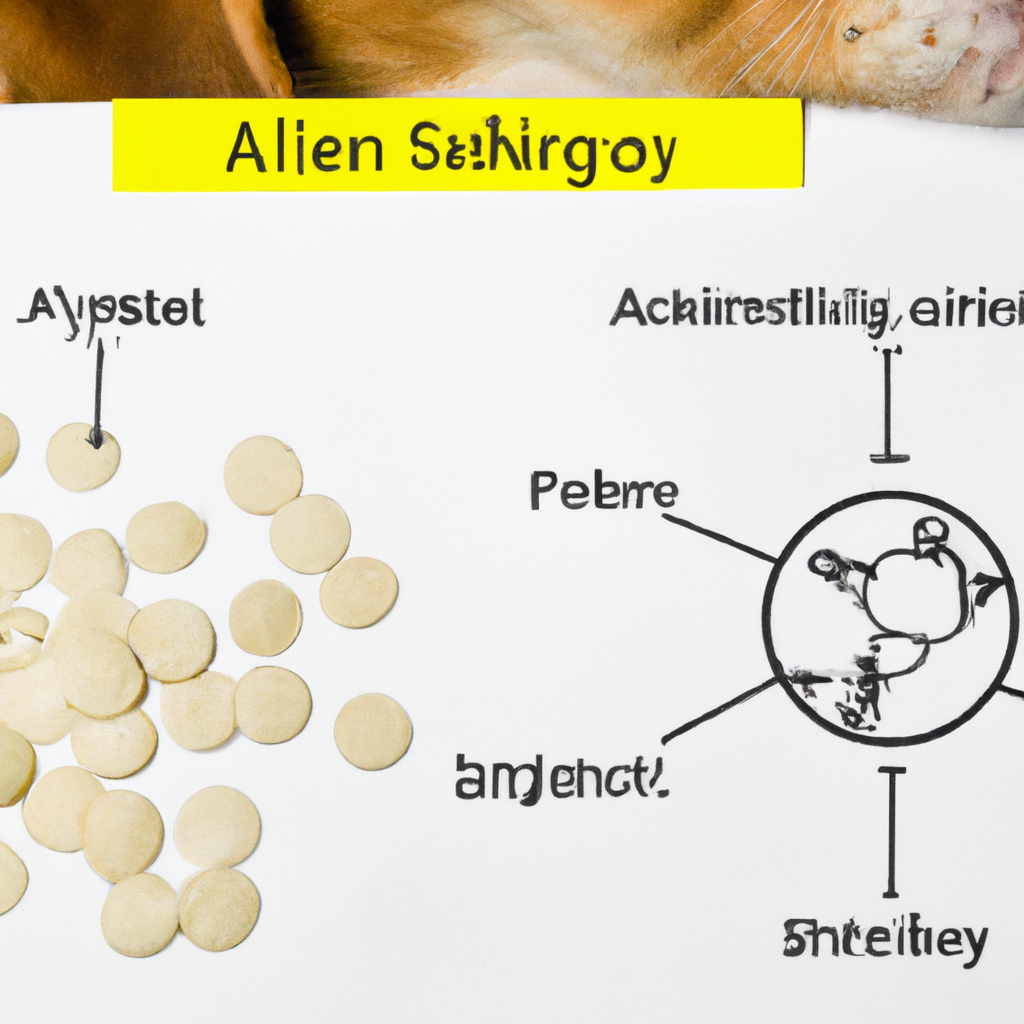Understanding and Managing Skin Allergies in Dogs
Understanding and Managing Skin Allergies in Dogs Just like humans, dogs can suffer from skin allergies too. Skin allergies

Understanding and Managing Skin Allergies in Dogs

Just like humans, dogs can suffer from skin allergies too. Skin allergies in dogs are often caused by environmental factors, such as pollen, dust mites, or certain plants. Additionally, certain food ingredients can also trigger allergic reactions in dogs. It is important for dog owners to understand the symptoms of skin allergies and learn how to manage them effectively.
Common Symptoms of Skin Allergies in Dogs
Itching is one of the most common symptoms of skin allergies in dogs. You may notice your dog scratching excessively, biting its paws, or rubbing its body against furniture or the floor. Other common symptoms include:
- Red and irritated skin
- Hair loss or bald patches
- Inflamed and sensitive ears
- Bumps or rashes
- Excessive licking
If you notice any of these symptoms in your dog, it is important to consult a veterinarian for a proper diagnosis and to determine the appropriate treatment plan.
Managing Skin Allergies in Dogs
While it may not be possible to completely cure a dog’s skin allergy, there are steps you can take to manage and alleviate the symptoms:
- Avoid allergens: Identify and avoid the specific triggers that cause allergies in your dog. This may include avoiding certain foods, using hypoallergenic bedding, and keeping your dog away from grassy areas during peak pollen seasons.
- Dietary changes: Sometimes, dogs may develop allergies to certain ingredients in their food. Your veterinarian may recommend switching to a hypoallergenic or grain-free diet to alleviate the symptoms.
- Regular grooming: Frequent bathing with a gentle, hypoallergenic shampoo can help remove allergens from your dog’s skin and coat. Additionally, regular brushing can help prevent matting and minimize itching.
- Medications: In some cases, your veterinarian may prescribe medications, such as antihistamines or corticosteroids, to help relieve the symptoms of skin allergies. It is important to follow the prescribed dosage and consult your veterinarian before administering any medications.
- Allergy testing and immunotherapy: In severe cases, allergy testing may be recommended to identify specific allergens. Based on the results, your veterinarian may suggest immunotherapy, which involves gradually exposing your dog to small amounts of the allergen to build up tolerance over time.
Remember, each dog is unique, and the management of skin allergies may vary from one dog to another. It is essential to work closely with your veterinarian to develop a tailored treatment plan for your furry friend.
With proper management and care, you can help improve your dog’s quality of life and minimize the discomfort caused by skin allergies.






